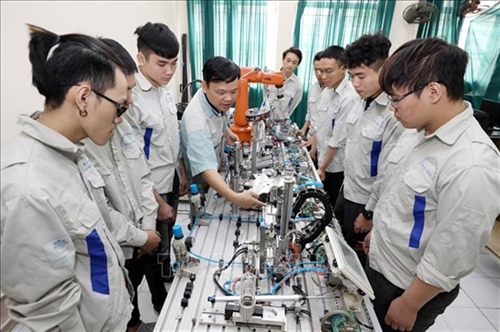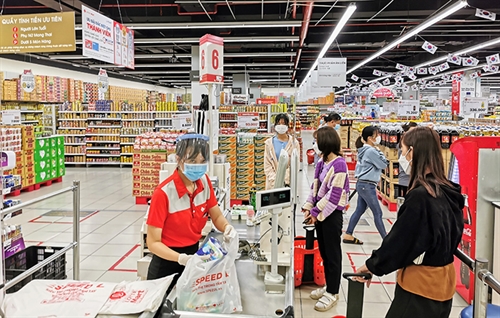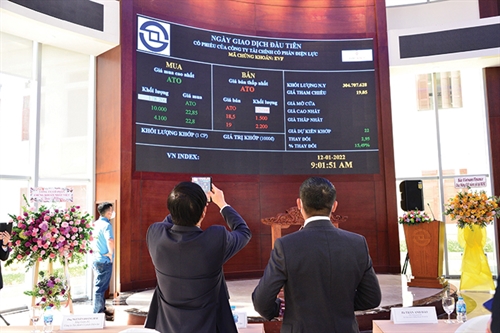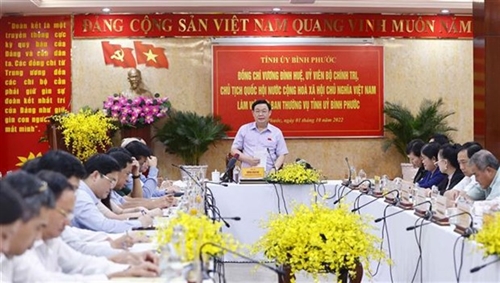Developing Vietnam's labor force remains a key priority for the country in the coming decades, according to a governmental resolution approved by the National Assembly (NA) recently.
 |
| Students at a vocational school in the northern province of Bac Ninh.__Photo: VNA |
The resolution stressed the importance of improving workforce productivity and developing a fair and sustainable labor market covering all regions across the country, not just in major economic centers.
The COVID-19 pandemic showed shortcomings and weaknesses in the labor market, with nearly two million workers forced to quit, mainly in labor-intensive jobs.
In addition, vocational training has not been able to produce skilled workers, especially for high-tech industries, which play a crucial part in helping the country push for greater integration into the global economy, attract foreign investment and speed up its industrialization.
In the coming decades, Vietnam must heavily invest in its workforce, said the resolution, with a key focus on educating workers, improving working conditions, and supporting vulnerable groups to join the workforce.
Meanwhile, measures must be taken to reform the labor market with an eye on sustainable development, efficiency in managing the country's human resources and greater collaboration with the regional and international labor markets.
The NA has set a target for the Government to bring the number of skilled workers in the country to 30 percent by the end of 2025, to maintain a productivity increase rate of 6.5 percent annually and to keep the unemployment rate under 3 percent nationwide.
Comprehensive reviews and studies will be conducted to find ways to direct the market's resources into key industries, to establish policies to not only address but also prevent unemployment and to build a national vocational standard to train workers better.
The resolution stressed the importance of balancing the labor market and other economic sectors to maintain economic stability, help connect employers and workers, and anticipate the demand of foreign companies in the coming years.
In addition, industries that create and sustain jobs must be encouraged and supported as they are key in improving the country's productivity and labor skills, with local government leaders actively developing and maintaining the local labor market's supply and demand.
Local leaders are required to produce regular reports to the central Government and propose solutions and policies to improve the quality of the labor force and address issues.
The Ministry of Labor, Invalid and Social Affairs is charged with the task of building a national labor information network to serve as a foundation for policymaking, demand forecast and support businesses in finding the right workers for the right jobs.
The Ministry of Education and Training is charged with the task of building a curriculum that introduced vocational training in basic education to help guide students in finding suitable vocations early.-(VNS/VLLF)









